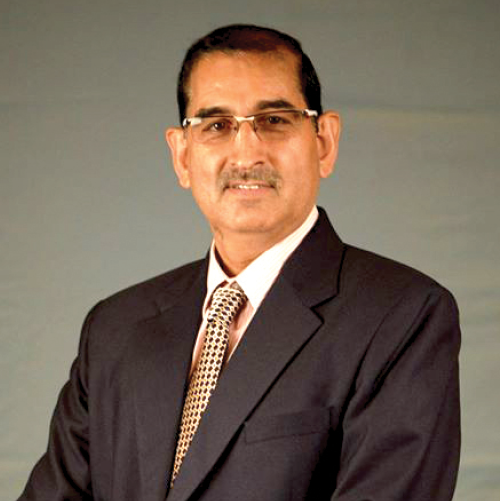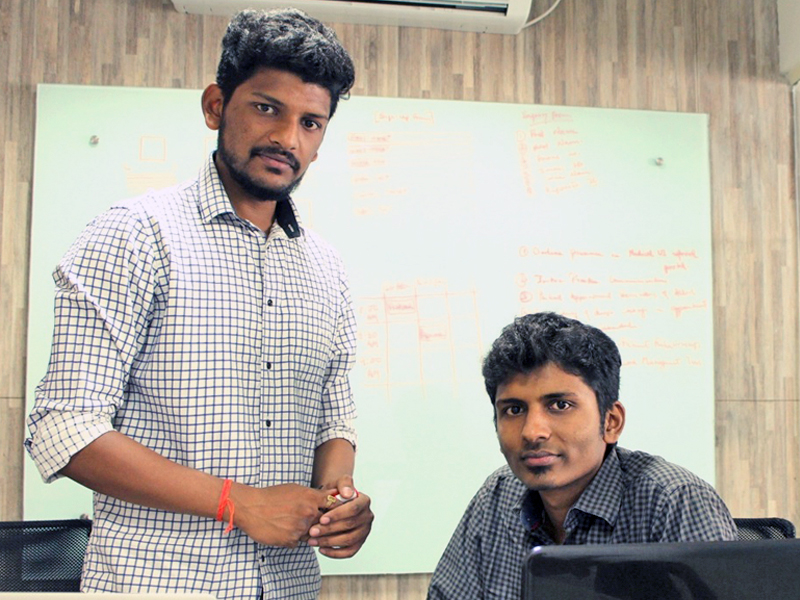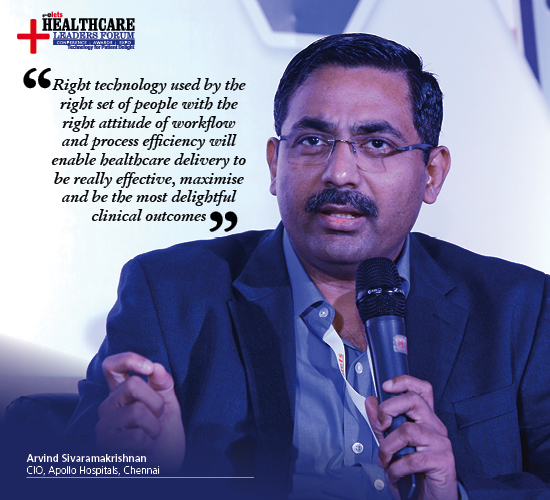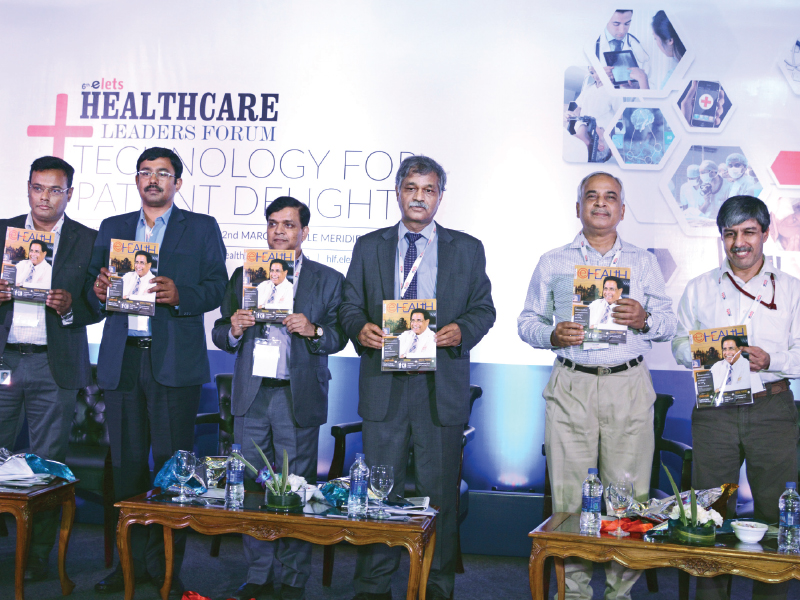Kunal Kishore Dhawan, CEO, Gaurav Gupta and Shourjo Banerjee, Co-founders, Navia Life Care
Simplicity of use, technology penetration and common identification number for the patients are the major challenges in Electronic Health Records (EHR) implementation, say Kunal Kishore Dhawan, CEO, Gaurav Gupta and Shourjo Banerjee, Co-founders, Navia Life Care, in an interview with Arpit Gupta of Elets News Network (ENN)
Brief us about Navia Life Care, its products and services.

We believe ourselves to be an innovative health-tech company. We have started our journey by focusing on an important yet overlooked problem in the healthcare space in India – Medication Adherence. We are connecting multiple healthcare stakeholders to increase patient medication adherence.

It is estimated that 22 per cent of patients dont adhere to prescribed treatments, and 1 out of 5 hospitalisations in the US are a direct or indirect result of this. Our mobile app offering – Navia, is a personal treatment manager, which acts not only as a medicine reminder but an adherence tracking system for patients.

Designed for patients, this app allows them to not only help them take their meds on time, but also keep track of their treatments, and their progress in the same. Connected to this, on the backend, is a dedicated dashboard for medical professionals, whether they are in hospitals, clinics or running their own practice. The dashboard allows them real-time access to their patients adherence records, medicine history etc. We are also providing compliance solutions to hospitals and pharmaceutical companies through which they can increase patient adherence, and thus increase drug sales (for pharma companies) and improve patient engagement.

What are the major challenges in EHR implementation?
Healthcare systems across the globe are complex, more so in India due to the diversity, along with an added factor of stark difference between the approach and quality of public and private players.
One major challenge is simplicity of use because we have one of the poorest doctor to patient ratio in the world. We need technological solutions that are smart and simple to use at the doctors end.
Second challenge is that technology penetration among smaller healthcare providers in urban and rural areas is very low. Healthcare providers are happy using manual systems and seem reluctant to move to technological solutions.
Third challenge is that there isnt a common identification number for the patients across platforms and a central repository that can securely collect data from various resources is missing.
EHR and technological health solutions are very important as they are highly scalable, and thus capable to handle large patient data, extremely valuable from the Indian perspective. Additionally, in a country with such a fragmented health ecosystem, they have the capability to connect different stakeholders and make the lives of both patients and providers easier.
How do you see the evolution of EHR market in coming days?
EHR market is evolving slowly and a slow growth is important for long term sustainability. A lot of capacity building is required and the stakeholders have to be educated, which shall take its time. Startups in this space will have to communicate with each other and create sustainable solutions keeping in mind the diversity of the market.
How far EHR has been able to penetrate in Tire 2 & Tire 3 cities?
Early adopters to technology are metro cities in India. But bigger hospitals have adopted electronic tools in Tier 2 and Tier 3 cities as well. Big diagnostic laboratory chains have also adopted to electronic mean of data management in these cities. Patients have started using mobile apps for better health management across the country, agnostic to the city size. Tier 2 & Tier 3 cities are greenfield for technology companies. But getting doctors (or other medical professionals) in these cities/towns to adopt technologies will need a huge mindset change, and thus be a challenge.
Be a part of Elets Collaborative Initiatives. Join Us for Upcoming Events and explore business opportunities. Like us on Facebook , connect with us on LinkedIn and follow us on Twitter , Instagram.
"Exciting news! Elets technomedia is now on WhatsApp Channels Subscribe today by clicking the link and stay updated with the latest insights!" Click here!












